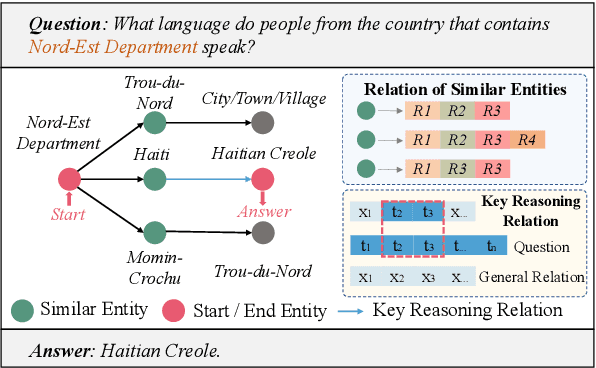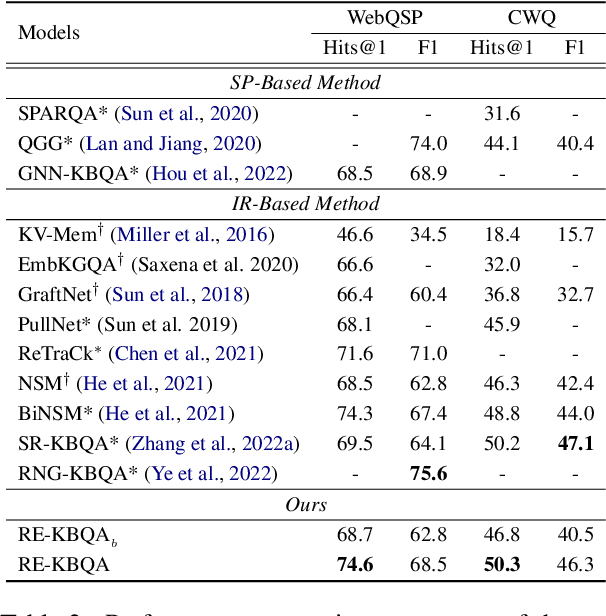Wen Dai
Retrieval-Augmented Generation by Evidence Retroactivity in LLMs
Jan 07, 2025Abstract:Retrieval-augmented generation has gained significant attention due to its ability to integrate relevant external knowledge, enhancing the accuracy and reliability of the LLMs' responses. Most of the existing methods apply a dynamic multiple retrieval-generating process, to address multi-hop complex questions by decomposing them into sub-problems. However, these methods rely on an unidirectional forward reasoning paradigm, where errors from insufficient reasoning steps or inherent flaws in current retrieval systems are irreversible, potentially derailing the entire reasoning chain. For the first time, this work introduces Retroactive Retrieval-Augmented Generation (RetroRAG), a novel framework to build a retroactive reasoning paradigm. RetroRAG revises and updates the evidence, redirecting the reasoning chain to the correct direction. RetroRAG constructs an evidence-collation-discovery framework to search, generate, and refine credible evidence. It synthesizes inferential evidence related to the key entities in the question from the existing source knowledge and formulates search queries to uncover additional information. As new evidence is found, RetroRAG continually updates and organizes this information, enhancing its ability to locate further necessary evidence. Paired with an Answerer to generate and evaluate outputs, RetroRAG is capable of refining its reasoning process iteratively until a reliable answer is obtained. Empirical evaluations show that RetroRAG significantly outperforms existing methods.
Pay More Attention to Relation Exploration for Knowledge Base Question Answering
May 03, 2023



Abstract:Knowledge base question answering (KBQA) is a challenging task that aims to retrieve correct answers from large-scale knowledge bases. Existing attempts primarily focus on entity representation and final answer reasoning, which results in limited supervision for this task. Moreover, the relations, which empirically determine the reasoning path selection, are not fully considered in recent advancements. In this study, we propose a novel framework, RE-KBQA, that utilizes relations in the knowledge base to enhance entity representation and introduce additional supervision. We explore guidance from relations in three aspects, including (1) distinguishing similar entities by employing a variational graph auto-encoder to learn relation importance; (2) exploring extra supervision by predicting relation distributions as soft labels with a multi-task scheme; (3) designing a relation-guided re-ranking algorithm for post-processing. Experimental results on two benchmark datasets demonstrate the effectiveness and superiority of our framework, improving the F1 score by 5.7% from 40.5 to 46.3 on CWQ and 5.8% from 62.8 to 68.5 on WebQSP, better or on par with state-of-the-art methods.
 Add to Chrome
Add to Chrome Add to Firefox
Add to Firefox Add to Edge
Add to Edge